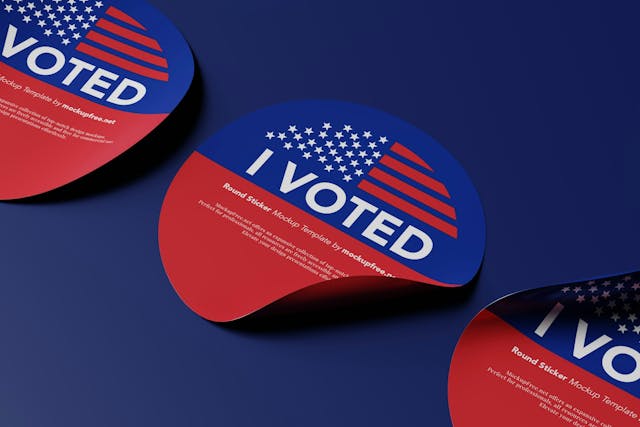Unaffiliated Voters Outnumber Party Voters -- So Why Can't They Vote?

Pew Research Center study analyzing trends in party affiliation among Americans has made its rounds in the media, with different news sources drawing different conclusions, depending on their slant.
One fact that remains constant in the reporting of the study: Americans are increasingly deciding not to affiliate with a political party, and 39 percent of Americans identify as independent.
The trend began in the early 1990s when polarization and political gridlock were high, Linda Killian, executive director of Independent Americans United and senior scholar at the Woodrow Wilson Center, writes in the Wall Street Journal.
Political gridlock is ever more present in today's political landscape, leading to more Americans identifying as politically independent.
"This disaffiliation is a conscious choice and reflects Americans’ dissatisfaction with political leaders, the two major parties, and the political system’s dysfunction and polarization." - Linda Killian
Killian notes that while independent voters are the most rapidly growing political demographic, most still cannot participate in primary elections, a point IVN.us has been making since its creation back in 2006:
"The largest geographic concentration of independent voters is in New England. In most states in that region, independents are permitted to vote in primaries. About half of the states do not allow independents to participate in primary elections. If all primary elections were open to unaffiliated voters, the number of independents would almost certainly be higher." - Linda Killian
What does this mean for election? Since unaffiliated and independent-minded voters are repeatedly shut out of an integral stage of the election, the people who do participate most in politics are also the most partisan and most ideological.
In turn, the candidates elected represent the small, ideologically-driven sub-sect of the voting population (think Ted Cruz), leading even more voters to regress from politics, and the vicious cycle repeats itself...


